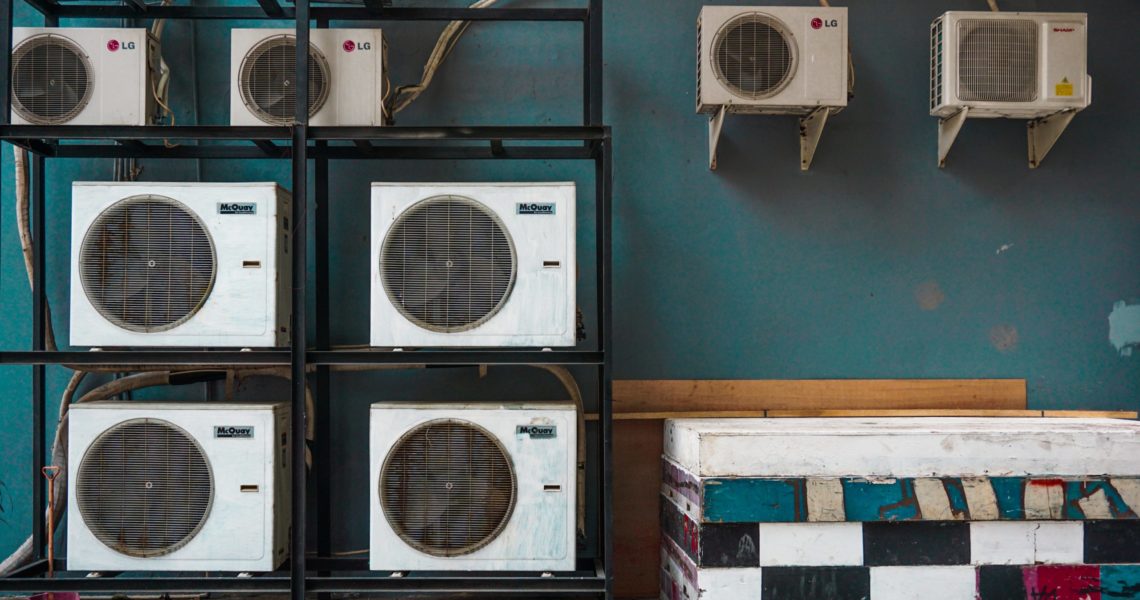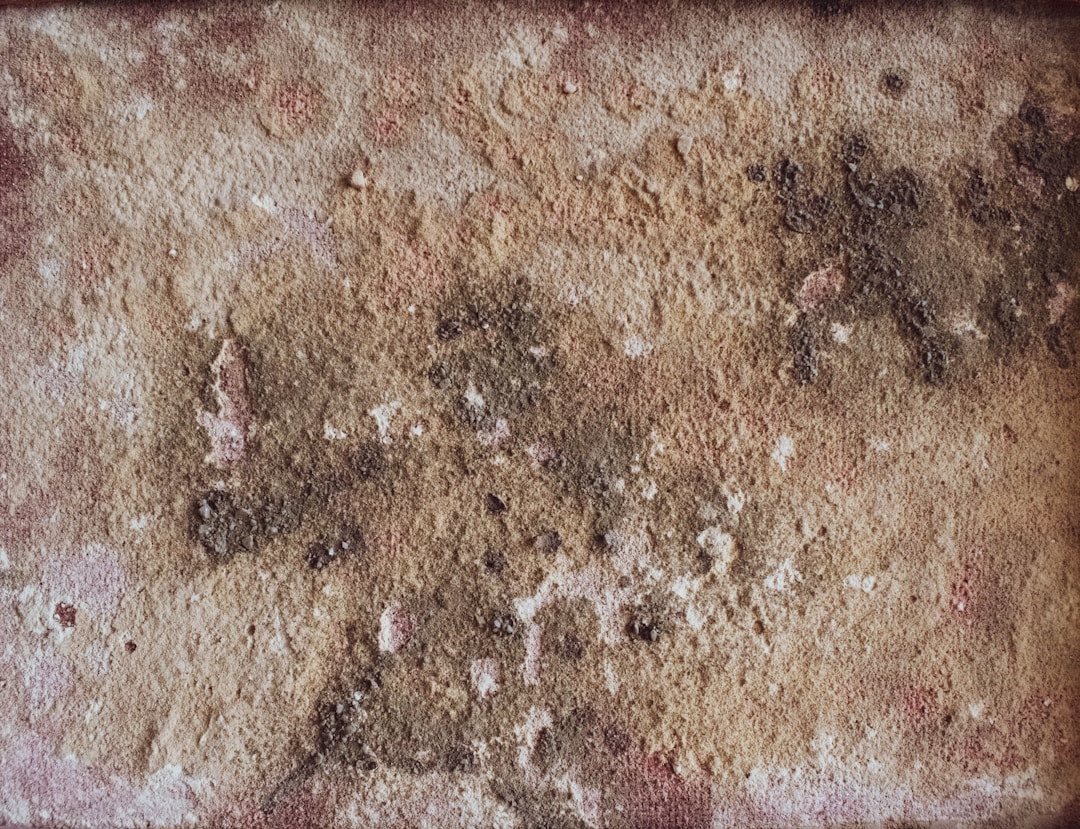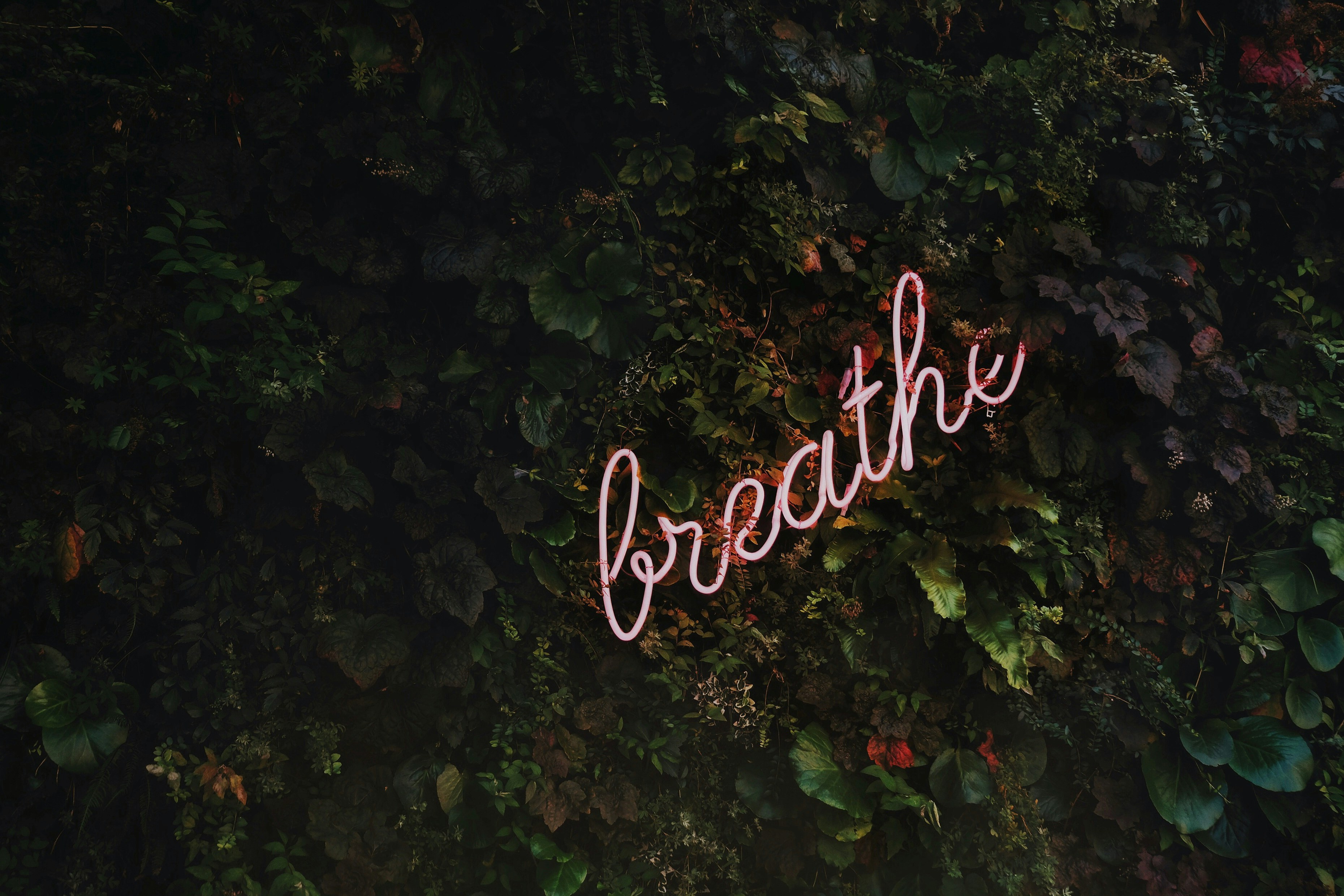Your HVAC system does so much more than just heat and cools your home. It also removes irritating particulates that can worsen allergens and potentially spread mold spores. However, there are times when you need more than just a traditional AC system. This is where air purifiers and air cleaners come in. Here are a few benefits of adding these features to your home to protect your health and your family.
Air cleaners catch outdoor pollutants.
Any time you walk into your home, you bring the outside with you. In the spring, you can carry pollen on your clothes, causing those with allergies to wheeze and sneeze. In areas with high pollution, smog and other airborne particulates can follow you inside, worsening your indoor air quality.
Air cleaners work by filtering your air and eliminating air pollutants. When you install an air filter in your HVAC system you can clean the air that gets pushed throughout the whole house. You can enjoy a cleaner living space that doesn’t upset your outdoor allergies.
An air cleaner is particularly helpful if you have kids or pets, who are notorious for bringing in unwanted dirt and dust from the outside. If you are searching for a specific device, learn about the REME HALO benefits and how this system can improve the air in your entire home.
Air purifiers remove germs and microbes from the air.
Along with cleaners, air purifiers work to remove viruses surface bacteria from the air. An air duct purifier can keep your whole home safe through flu season and during the rest of the year. While you can’t stay away from germs whenever you leave the house, you can make sure that your indoor air is safe.
An air purifier is particularly important if you have a respiratory illness or another immunocompromising disease. As a homeowner, you want peace of mind that your living space is safe and free of viruses and potential threats to your health. Look into an FDA-approved purification system that specifically targets VOCs and contaminants that could affect your health.
Cleaner air prevents mold growth.
Mold is caused by excess moisture and high humidity levels in your home. It can form in your bathroom and kitchen but can also send spores across your house through the air. If you have a mold problem, you might pick up on unwanted odors before you ever see the growth. Your family members might sneeze uncontrollably because of the poor indoor air quality.
Even if you keep a clean house, you are still at risk of developing a mold problem. This isn’t a cleanliness issue, it’s moisture and air quality issue. Work with an HVAC firm to improve the filtration and humidity controls in your home. This can prevent mold growth, leading to a safe experience and cleaner air.
Remove gases that find their way in.
Even if you live in an area with clear skies and fresh outdoor air, you may come into contact with unwanted gases and dangerous molecules. These gases travel through Earth’s atmosphere and can turn fresh air into a toxic mess.
In 2020, the smoke from the California wildfires traveled north, creating the dirtiest air in the world in normally clean cities like Portland and Seattle. This created a health crisis for people living with respiratory issues.
Look into a duct air purifier that can keep your air clean from atmospheric gases and other potential breathing hazards. The steps you take to remove dust particles and smog today could save you in the future.
You can take steps to reduce the number of sneeze germs and dander in your home. Contact an HVAC professional today and ask about REME HALO purifiers. They can recommend a selection of portable units that you can install in your air ducts to keep your family safe.
















